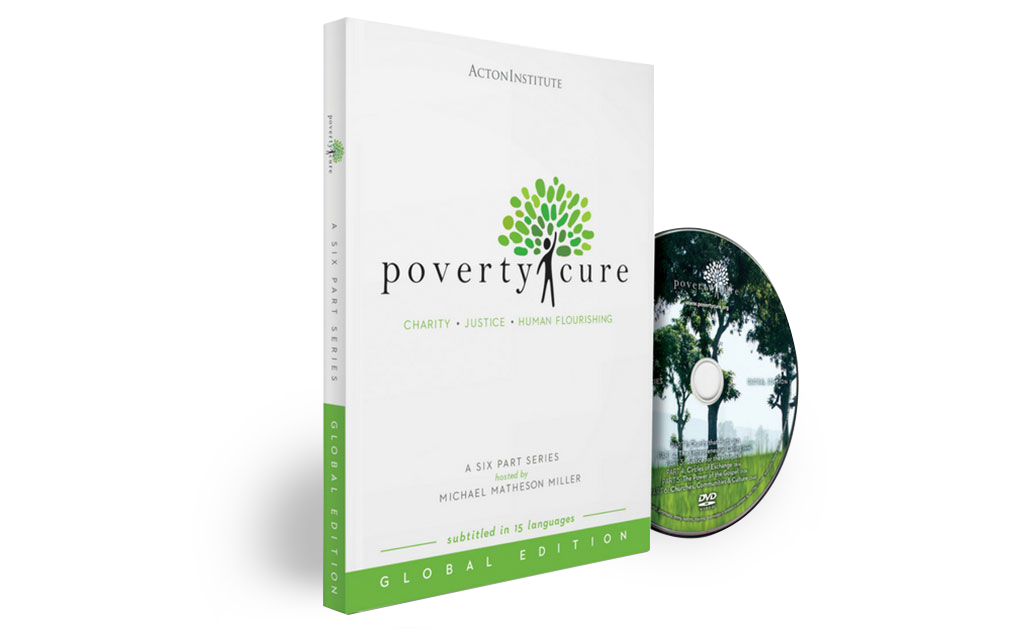The Magnitude and Track Record of Foreign Aid
The total amount of foreign development aid from official sources over the last fifty years is about $2.3 trillion. About $1 trillion of that has gone to Africa; developed nations now direct roughly $50 billion per year to the continent. Despite this significant outlay, there has been little evidence to suggest that foreign aid has actually stimulated economic development. Botswana, for example, increased its per capita income thirteen fold from 1950 to 2001, while many other countries in the same region experienced static or negative economic growth. There is no difference in the amount of aid to explain this difference. Instead, Botswana’s progress was more likely due to its relatively stable rule of law.
A 2008 paper for the National Bureau of Economic Research corroborates the idea that aid is not a good predictor of economic progress. It found “little robust evidence of a positive (or negative) relationship between aid inflows into a country and its economic growth.”
The difference between the regions of East Asia and sub-Saharan Africa is striking in this respect. Nations such as China and South Korea have developed rapidly since 1970, while most African economies have stagnated. Yet, African countries have received far more aid than China or South Korea.
Current Debates on Foreign Aid: Jeffrey Sachs and William Easterly
Columbia University economist Jeffrey Sachs is one of the foremost proponents of development aid. While he is aware of the abuses it is prone to, he believes that foreign aid is an indispensable tool for freeing developing nations from the “poverty trap.” Without aid, he argues, the poorest nations are unlikely to establish the infrastructure and institutions necessary to reach the first rung of the economic ladder and begin their climb to prosperity.
New York University economist William Easterly is a fierce critic of the aid that Sachs defends. Easterly argues that foreign aid is but the latest chapter in Western imperialism: the citizens of rich nations naively believe that they can, by their superior wealth and know-how, lift poor nations out of their poverty. Self-assured in their good intentions, donor nations are oblivious to the fact that the aid can actually stunt economic growth by perpetuating corruption and bad policy in recipient nations, even as the aid is used to manipulate developing countries in the interest of developed countries and their favored industries.
Although Sachs and Easterly disagree on many points, their work exhibits areas of consensus. For example, Sachs admits that private sector development—not government spending—is the ultimate path to economic progress. Easterly, meanwhile, concedes that government aid likely will continue, and thus he, like Sachs, proposes ways to improve the odds that it is more beneficial than harmful.
The Drawbacks of Foreign Aid: Peter Bauer
Development economist Peter Bauer (d. 2002) was one of the earliest and most vocal critics of government development aid. He presciently warned wealthy nations of the harmful effects likely to result from a robust policy of development assistance. Bauer identified several negative effects. He argued that aid would prop up dictatorships that might otherwise collapse under the weight of its own incompetence and corruption. He also observed that aid aggravated the conflict between developed and developing countries, with the latter’s dependence actually increasing the sense of division between “haves” and “have-nots.” He further cautioned against the tendency of developed nations to use aid to as a form of imperialism by, for instance, by placing family planning conditions on the distribution of aid. (See Population and Poverty.)
Similarly, Bauer argued that to be both effective and ethical, assistance must encourage rather than inhibit the self-determination of recipient communities. In contrast, government aid tends to be imposed in a top-down fashion. His observation on this score, as much as on the others, has proved discouragingly accurate. Instead of encouraging the rule of law and a culture of entrepreneurship, aid often has fostered harmful dependency. Dambisa Moyo, an economist and a native of Zambia, lamented in 2009 that “no serious efforts have been made to wean Africa off this debilitating drug.”
Foreign Aid Misdirected
One major reason that aid often does not accomplish its intended purpose is that its method of provision permits misapplication. Although unrest, civil wars, and other conflicts are an important contributing factor in the failure of developing economies, foreign aid often supports, unwittingly, the continuation of such strife. Oxford development economist Peter Collier reports that forty percent of African military spending is financed by aid from developed nations. In 2010, a government audit found that $1 billion of United States aid money to Afghanistan had ended up in the hands of the Taliban; only 10 percent reached the suffering Afghan people whom it was intended to help.
According to corruption watchdog agency Transparency International, Zaire’s President Mobutu Sese Seko (in power from 1965 to 1997) is reputed to have stolen at least $5 billion from the country—this while the nation received billions in foreign aid.
Donor nations have attempted to address these problems, without much success. Placing controls on the way aid is used within recipient countries is often ineffective. The problem is that foreign aid is fungible, meaning that even when recipient governments use aid money to fund acceptable projects, that frees up other government money to be used for less noble causes. Paul Rosenstein-Rodin, a former deputy director of the World Bank Economics Department, expressed the essence of the fungibility problem: “When the World Bank thinks it is financing an electric power station, it is really financing a brothel.”
Open Trade as Aid
There is increasing consensus that developing nations can thrive long term only by participating more fully in the global marketplace. Even among economists such as Sachs who view foreign aid as a necessary spur to economic development, there is recognition that development can best be sustained if developing nations can enter global markets, suggesting that an effective way for wealthy nations to promote development in poor nations is to permit developing nations’ products to compete on a level playing field. Policy measures that prop up prices or otherwise favor domestic producers, such as agricultural subsidies and import tariffs, discriminate against goods produced in the developing world. Opening the markets of developed nations to goods and services from developing nations is an approach that carries with it none of the harmful side effects of corruption and dependency that government-to-government aid entails.
This is another area in which foreign aid can be counterproductive. In a paper for the National Bureau of Economic Research, economists Raghuram G. Rajan and Arvind Subramanian observed that foreign aid inflows raise exchange rates within recipient nations, making exports less competitive and thereby inhibiting the benefits of globalization for developing nations.
Smart Aid
Paul Collier book The Bottom Billion (2007) documents the persistence of poverty despite decades of significant attention and aid from the developed world. Collier identified various “traps” that keep nations locked in poverty: conflict; over-reliance on natural resources (which prevents development of domestic industry); lack of access to markets due to geographical factors; and bad governance (See Poverty Traps).
In light of these factors, Collier argues for a more sophisticated approach to aid—“smart aid.” His guidelines include: targeting aid to countries with good institutions and policies, promoting reform not by placing preconditions on aid but through investment in the capacity for self-reform, funding basic services only in the most desperately needy places, and targeting aid to prevent armed conflicts.
Collier notes, however, that these guidelines themselves rely on effective implementation by development aid agencies, and yet experience suggests that “people within these agencies will not have incentives to take up these suggestions.” Therefore, the first order of business is “to reconfigure the incentives of workers within the aid agencies themselves.” Whether and how this can be done is thus a critical question related to the feasibility of effective government-to-government aid.
Foreign Aid in the View of the Recipients
One of the major problems with aid debates is that they take place within donor countries, and yet the voices of the citizens from developing nation citizens are frequently ignored.
In recent years, however, there has been a growing chorus of voices from the developing world speaking out against aid, arguing in some cases that it has delayed rather than promoted development.
Kenyan communications executive Michael Joseph argues that aid has failed because it is not targeted to building private enterprise. “If you look in Kenya—and we've had 40 or 50 years of aid, mostly from the European governments and NGOs—it has made very little long-term impact,” he explains. “If we had put that into investing in factories, building infrastructure, creating jobs, I think we would have a much better impact than what we have today.”


